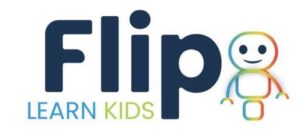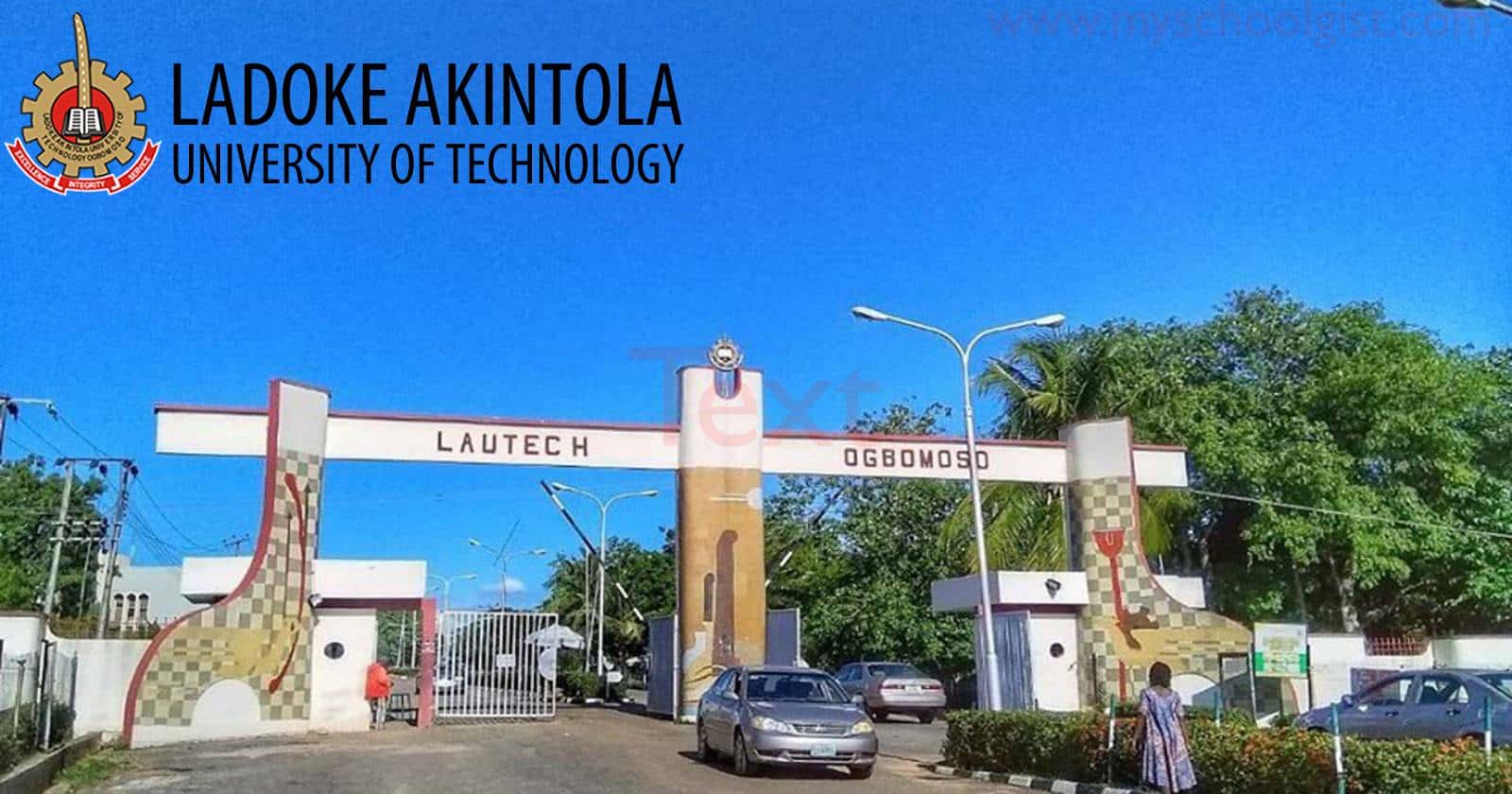As the number of guns found on school campuses kept increasing in North Carolina’s Charlotte-Mecklenburg Schools in the last academic year, district and school-level administrators considered adding safety approaches such as metal detectors and clear backpacks.
But it was on a trip to the Carolina Panthers football stadium that district Chief Operations Officer Brian Schultz realized what was missing in the district’s efforts to keep guns off school property. At the stadium, he noticed the ease of security screening for guests.
Soon after Schultz’s visit, the district’s chief of police and board of education members visited the Panthers stadium to see the security screening in action.
The scanners from Evolv, a security technology company based in Massachusetts, use digital sensors and artificial intelligence to detect concealed weapons. Placed at entryways, they allow visitors to walk between columns connected to AI that can distinguish most everyday objects on a person from weapons. The technology takes a digital image of where on the person a weapon is located, such as in a pocket or in a backpack, and alerts staff of the threat.
Those who promote the technology say this AI-assisted screening is faster, less invasive and more accurate than traditional security screeners because it doesn’t require bag checks or body searches.
One of the main reasons the Charlotte-Mecklenburg district ultimately decided to install the technology in its schools is because of the quick screening time. High schools have about a half hour before the first class starts to filter thousands of students and staff through their doors. “We wanted to be able to stick to that so we weren’t impacting the instructional day,” Schultz said.
Like Charlotte-Mecklenburg, other districts are also exploring or adopting AI-assisted school security practices. But while some praise this approach, others have doubts and recommend caution.
“The alarm bells go off faster with each incident, especially if they’re in a short period of time, and then the political problem and pressures are on and it’s panic mode, and here are the vendors waiting on your doorstep to solve your problem.”

Kenneth Trump
President of National School Safety and Security Services
Kenneth Trump, president of consulting firm National School Safety and Security Services, said he’s noticed AI safety technology surging into districts since the end of the 2021-22 school year, especially with more high-profile or multiple gun incidents occurring in schools.
“The alarm bells go off faster with each incident, especially if they’re in a short period of time, and then the political problem and pressures are on and it’s panic mode, and here are the vendors waiting on your doorstep to solve your problem,” Trump said.
But he cautioned that knee-jerk reactions by district leaders to make large investments in school safety technology are not good practice. “The worst time to make dramatic changes in your school safety policy and practice is when you’re under intense political pressure from your school community,” Trump said.

Kenneth Trump
Permission granted by Kenneth Trump
While the AI field is growing rapidly, Trump said this technology is still in its infancy regarding school safety. He in fact does not advise districts to use the technology.
“Schools are the testing grounds and the new foundation for these companies to build their artificial intelligence. The systems get smarter as they are used,” Trump said. “So those particularly on the front end of this in schools are going to fall prey to the gaps, the limitations, the snafus, the errors, the false positives, and their children and schools are being used to make the vendors’ AI software smarter.”
Uvalde’s impact
Since the horrific May mass shooting at Robb Elementary School in Uvalde, Texas, AI has increasingly made its way into school safety technology nationwide.
“Deployment at schools is certainly accelerating. … The reality is — this is an event-driven industry.”

Mike Ellenbogen
Founder and Chief Innovation Officer at Evolv
A case in point is Evolv technology, said Mike Ellenbogen, the company’s founder and chief innovation officer. Evolv currently works with 377 schools or districts across the country, using AI to scan 300,000 students each week, according to an email from the company.
“Deployment at schools is certainly accelerating,” Ellenbogen said. “The reality is — this is an event-driven industry.”
The AI technology Evolv uses does not collect personally identifiable information of those going through the sensors, he said. When a person walks through an Evolv sensor, their body just “looks like a bag of saltwater” in the system, Ellenbogen added. Only when there’s an alert detecting a potential weapon does the technology take a picture, so the person monitoring the system knows who is carrying an object in question.
“We’re very aware of potential bias issues that stem from AI training, but it really doesn’t apply to what we’re doing, because we’re not using the video or face recognition or anything like that to perform the core detection,” Ellenbogen said.
The technology is also “constantly getting better” at both detection and lower alarm rates.
“I would say we’re in the early innings of this game that’s going to continue looking at other technologies that can augment the capabilities of the [Evolv] Express system,” he said.
SparkCognition is another company infusing this technology into school safety by using AI to monitor surveillance camera footage, which can then notify someone if, for instance, a gun is detected. The company works with about 100 school districts across various states, said Stephen Gold, SparkCognition’s chief marketing officer.
While such AI safety technology has been used in different sectors for several years now, companies like SparkCognition are just beginning to sell it to schools. And already, Gold said, the technology is “incredibly” gaining interest in the education sector.
“Certainly, Uvalde brought awareness back to this issue,” Gold said, but also these incidents of school-based gun violence “are becoming more frequent, and I think that alone is raising awareness.”
According to a 2022 analysis by market research and consulting company Omdia, the U.S. education sector for security equipment and services was expected to reach more than $3.1 billion in 2021, for public and private elementary and secondary schools and higher education institutions. Growth in this market is projected at 8% annually, according to the company.
Most of the projected growth is expected to come from upgrading systems and services to be more technology-based, said Bryan Montany, a senior analyst at Omdia. Additionally, according to the data collected in 2022, nearly 90% of all U.S. schools use video surveillance systems to monitor at least some portion of their facilities and almost every school controls building access through an access control system.
Counting more firearms in schools
The 142,000-student Charlotte-Mecklenburg district adopted Evolv technology for school entry points in March 2022, starting with seven of the district’s large comprehensive high schools. By the end of the 2021-22 school year, the technology was in 21 high schools. As of January 2023, the scanners were in 68 schools, including all middle, high and K-8 schools, and some smaller magnet high schools, Schultz said. The district has a total of 181 schools.
Between August and December 2021, before the scanners were installed, the district recorded 22 guns on campuses — more than in the entire previous school year, Schultz said.
“So that was very alarming,” he said. One of those guns fired accidentally during a student altercation, although no one was hurt. By the end of the 2021-22 school year, 34 guns had been discovered on school campuses throughout the district that year.
Although Charlotte-Mecklenburg had emergency preparations and safety protocols, it had not been actively looking for firearms at that time, he said. After schools reopened to in-person learning during the pandemic, the district, like some other districts across the nation, noticed more physical aggression by students and firearms being brought into schools.
The U.S. saw a record number of school shootings in 2022, according to the K-12 School Shooting Database. David Riedman, founder of the database, told K-12 Dive in December that there was a shooting on a school campus “pretty much every single school day” in fall 2022.
2022 had the most K-12 school shootings
School shootings have increased 163% since 2020 and 1,900% since 2010.
Additionally, data collected by Reidman shows most school campus shootings last year involved student shooters. There were more school shootings in 2022 than in past years by students ages 10-18, he said.
In the first 35 days of 2023, the database recorded 35 school shootings.
Taking a phase-in approach
The Charlotte-Mecklenburg district phased in the scanners, choosing to add the first seven units in schools more likely to encounter firearms based on five years of data.
Those seven schools, however, had larger populations of low-income and marginalized students, leading to some criticism from the community over the decision, Schultz said. For the next phase of implementation, the district included schools with a mix of student demographics and school sizes.
Before the implementation in schools got started, the district reviewed its safety policies and procedures, consulted with attorneys and developed training for staff. With its communications team, the district created talking points for principals, videos for community members, and a student orientation process to prepare everyone for new scanners, Schultz said.

Brian Schultz
Permission granted by Brian Schultz
The cost to the school system for the technology at 68 schools is about $15 million over a four-year period, Schultz said. The district asked to use federal COVID-19 funds to help offset the cost but the state turned that down, he said. The expenses are being covered through multiple funding sources including district capital funds, state and local sources, Schultz said.
Schultz said the $15 million cost sounds high but is justifiable when divided by school — about $220,000 each — or by every 6th-12th grade student — about $214 per student. “When you’re thinking about saving students’ lives, I mean, that’s a small price to pay,” Schultz said.
Since the start of this school year through Jan. 27, the scanners have identified three guns on campuses — two from students and one from an adult — and staff were able to recover those weapons without incident, Schultz said.
‘It’s about caring for each other’
In spring 2022, Hopewell High School became one of the first schools in the Charlotte-Mecklenburg district to install the technology. Principal Tracey Pickard describes the 1,800-student school as diverse and having strong school-student-family connections.
So it was a shock in 2021, she said, when guns were twice discovered on campus. “It was clear we have to have something to deter students from feeling that comfortable bringing weapons into schools,” Pickard said.
In preparation for using the AI weapons detection technology, the district provided guidance on what to expect with the new school entry process. It also coordinated with the district on messaging to the community.
Additionally, Pickard invited parents to a Q&A session on the new protocols. A small group of parents visited campus to see the system in action, and they then helped spread the message to other parents about why the school was taking this step, Pickard said.
The school also provided information and training to staff, as well as developed a staff leadership team to help answer questions from colleagues about the new system.
There were some learning curves when the system got off the ground. A combination of certain notebook binders, water bottles and umbrellas would set off alarms on the Evolv scanners.

An Evolv monitor scans students using AI to detect and prevent guns from entering Fayetteville High School in Georgia.
Permission granted by Evolv
Students also have to hold Chromebooks in their hands as they go through the scanner. Some specific models of Chromebooks have characteristics that can present similar to a weapon and set off certain Evolv scanners, Evolv’s Ellenbogen explained. The company founder added that the detection algorithms of the Evolv Express system are being continually refined.
But now, as everyone has become familiar with the entry scanners, the process runs more smoothly, Pickard said.
The principal said she’s learned a great deal about school security over the past year, but mainly she’s gained a better understanding that students and the greater community want transparency about school safety threats and solutions.
Before the scanners were installed, she had been hesitant to discuss school safety threats with students because she didn’t want them to feel unsafe. “But it was the opposite,” she said. “They wanted me to talk about it and they wanted me to be very clear about [saying] ‘This is not an option in our school. This is not going to define us because we are the Titans.’”
“We care about each other, and if we have a problem, if we see something, we’re going to say something,” Pickard said, adding that the scanners are only one part of creating a safer campus.
“It’s about us caring for each other and keeping our environment safe for each other,” Pickard said.
More than gun detection
Since the units were installed in the 68 schools, the district has seen fewer guns, as well as other prohibited items like vapes, drugs, knives and tasers, brought onto school campuses, Schultz said.
For example, 94 incidents of weapons other than guns found on school campuses districtwide were identified during the second quarter of the 2021-22 school year. That compares to 40 such incidents during the second quarter of this school year, according to Schultz.
“This is a community, this is a state, national issue that we’re all trying to figure out for the best interest of our students.”

Tracey Pickard
Principal of Hopewell High School
But schools can’t rely on just weapons detectors alone to ensure safety, Schultz, Pickard and others say.
As school systems explore school safety measures, Schultz recommends bringing together community members to discuss proactive ways to prevent school violence. He also recommends learning from other school systems about their approaches.
Pickard agrees consulting on school safety solutions with other schools is helpful. “We realized we’re not in this alone,” Pickard said. “This is a community, this is a state, national issue that we’re all trying to figure out for the best interest of our students.”
Pickard advises school leaders not to personalize school safety challenges. “You have to put pride aside and work with the people in the district,” Pickard said.
Creating a welcoming environment
School safety must have a layered approach that includes strong security protocols, as well as a school culture built on trust and open communication, said Jill Lemond, director of education at Evolv.
Lemond knows firsthand the importance of community engagement and collaboration regarding school safety issues. She was assistant superintendent of student services for Oxford Community Schools in Michigan when, in November 2021, a student fatally shot four classmates and injured seven others.
Schools should focus on strategies including weapons detection for keeping guns out of schools, Lemond said. But also needed is a priority on engaging staff and the entire school community, including students, in discussions about how to keep schools safer.
Lemond added that the school day should allow time for teachers and administrators to connect personally with students. Building that trust can help students feel more secure in sharing information about potential threats, she said.
“We need to get back to basics,” Lemond said. “Let’s make eye contact, let’s say their name and learn their names. And let’s welcome them into the school environment every day, because the only thing that’s going to stop school shootings is kids not wanting to shoot the people in their school.”
Disclosure: Omdia and K-12 Dive are both owned by Informa. Omdia has no influence over K-12’s coverage.






Leave a Reply